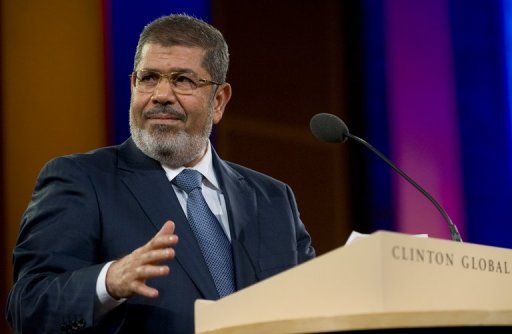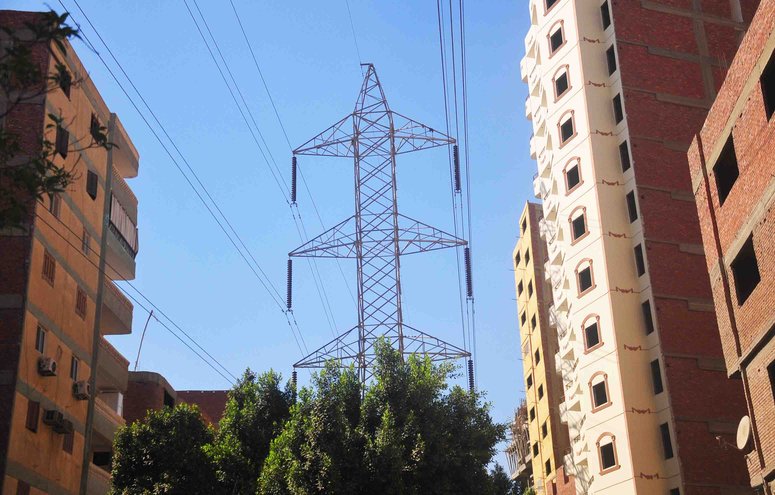
(AFP, Fabrice Coffrini)
AFP — Iran agreed to curb its nuclear programme in exchange for sanctions relief in a breakthrough deal with world powers reached on Sunday after a decade of failed diplomacy and rising tensions.
US President Barack Obama said the preliminary accord clinched in marathon Geneva talks was “an important first step” towards easing fears once and for all that Tehran will get the bomb.
Iranian President Hassan Rouhani, whose elections in June raised big hopes for a thaw with the West, said on Twitter that the breakthrough was made possible by the “Iranian people’s vote for moderation” and that it would “open new horizons”.
Israeli Prime Minister Benjamin Netanyahu’s office however immediately called the agreement struck in Geneva a “bad deal”, saying it still left the Islamic republic with the capacity to make a nuclear weapon.
“Today, the United States together with our close allies and partners took an important first step toward a comprehensive solution that addresses our concerns with the Islamic Republic of Iran’s nuclear programme,” Obama said at the White House.
“While today’s announcement is just a first step, it achieves a great deal.
“For the first time in nearly a decade, we have halted the progress of the Iranian nuclear programme, and key parts of the programme will be rolled back.”
The Arms Control Association called the deal an “historic breakthrough” in the decade-old impasse a “net plus for nuclear nonproliferation and international security.”
Under the deal between Iran and the five permanent members of the UN Security Council plus Germany announced at 3:00 am Geneva time (0200 GMT), Tehran will limit uranium enrichment — the area that raises most suspicions over Iran’s alleged nuclear weapons drive — to low levels.
It will neutralise its entire stockpile of uranium enriched to medium 20-percent purities — close to weapons-grade — within six months, US Secretary of State John Kerry said in Geneva where he and other foreign ministers helped nail down the deal.
Iran will also not add to its stockpile of low-enriched uranium, nor install more centrifuges or commission the Arak reactor.
UN atomic inspectors will also have additional, “unprecedented” access, Kerry said.
In exchange the deal will afford the Islamic republic some $7 billion (5.2 billion euros) in sanctions relief and the powers promised to impose no new embargo measures for six months if it sticks by the accord.
This represents “limited, temporary, targeted, and reversible relief while maintaining the vast bulk of our sanctions, including the oil, finance, and banking sanctions architecture,” the White House said.
During this six-month period, Iran and the US, China, Russia, France, Britain and Germany will negotiate a “comprehensive solution … to give the international community confidence that Iran?s nuclear activities will be exclusively peaceful.”
The deal was done at the third meeting of the P5+1 and Iran since Rouhani, seen as a relative moderate, replaced the more hawkish Mahmoud Ahmadinejad in August saying he was ready for “serious” negotiations “without wasting time”.
It remains to be seen, however, how the deal will go down with hardliners in both the United States and Iran — and whether both sides stick to their commitments over the next half year.
Iranians, many of whom see the nuclear programme as source of national pride, are impatient to see a lifting of sanctions that have more than halved Iran’s vital oil exports since mid-2012 and hit the economy hard.
Supreme leader Ali Ayatollah Khamenei, describing Israel as a doomed “rabid dog”, said in Iran on Wednesday that he insisted “on not retreating one step from the rights of the Iranian nation.”
Many in Israel strongly believe that the only aim of Iran — an ally of Hezbollah and embattled Syrian President Bashar al-Assad — is to develop a nuclear arsenal with which to threaten their country.
Netanyahu wants all of Iran’s nuclear facilities dismantled for good, not some of them temporarily, believing nothing short of this will prevent its arch foe going nuclear — as it is widely assumed to be itself.
“This is a bad agreement that gives Iran what it wanted: the partial lifting of sanctions while maintaining an essential part of its nuclear programme,” Netanyahu’s office said.
“Iran is threatening Israel and Israel has the right to defend itself,” Economy Minister Naftali Bennett said, warning that Israel was not bound by the accord.
Kerry said however that the deal extends the “breakout” time needed by Iran to develop nuclear weapons and thus “will make our partners in the region safer. It will make our ally Israel safer.”
Many hardliners in the United States agree that Obama, who in September held an historic phone call with Rouhani, is being too soft on Iran by negotiating with Tehran and striking this deal.
“Unfortunately, some members of Congress believe further US-mandated sanctions would improve the United States negotiating position in the next round of talks,” said Daryl Kimball of the Arms Control Association.
“Such a strategy is illogical and would be counterproductive.”




